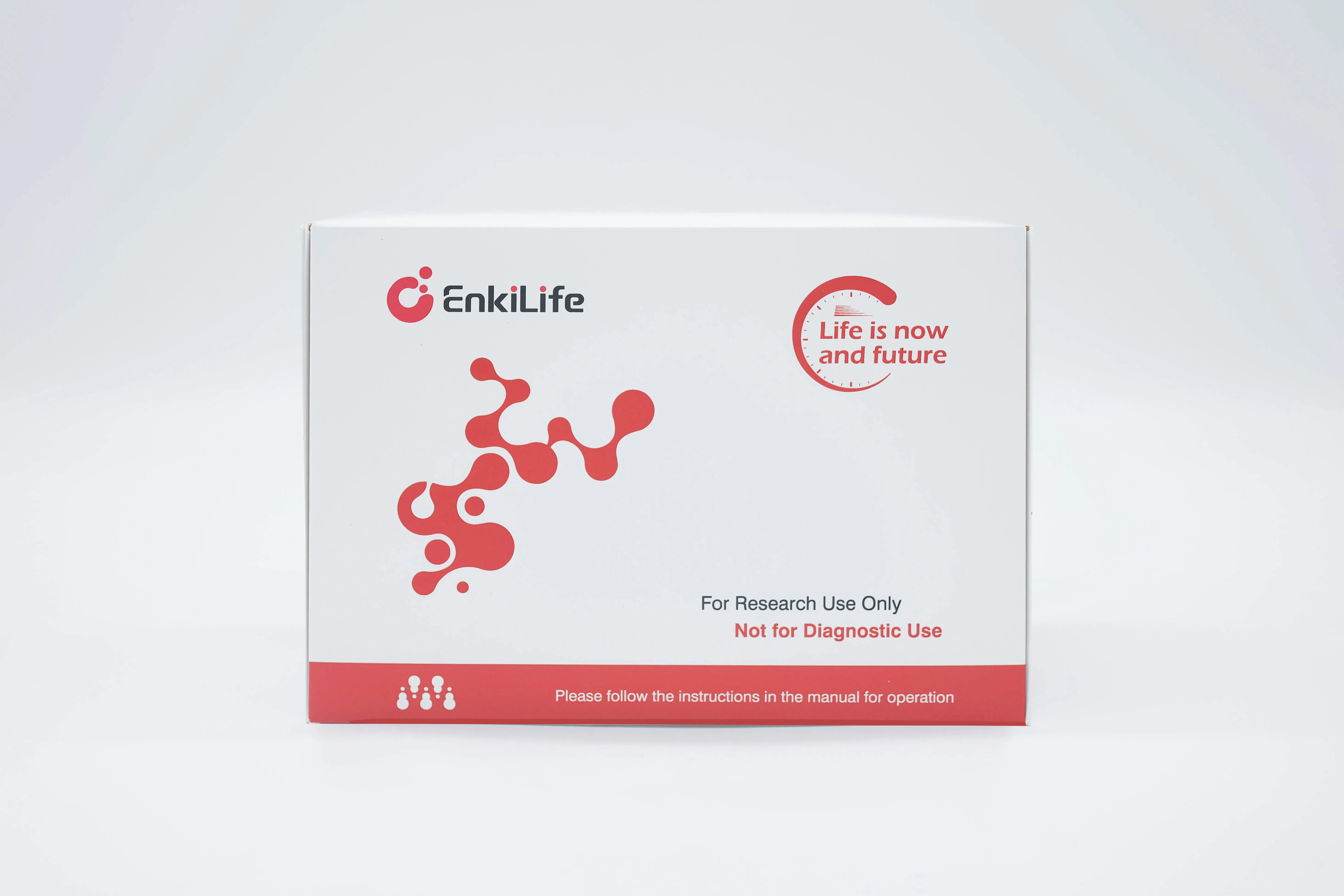Product Introduction
During apoptosis, activated intracellular endonucleases cleave genomic DNA between nucleosomes, producing DNA fragments of 180–200 bp, which appear as a characteristic ladder pattern in agarose gel electrophoresis. When genomic DNA is broken (double- or single-stranded), a large number of sticky 3'-OH termini are generated. These termini can be labeled with dUTP under the catalysis of terminal deoxynucleotidyl transferase (TdT). This allows direct detection of apoptotic cells using fluorescence microscopy or flow cytometry. This method is known as Terminal deoxynucleotidyl transferase-mediated dUTP nick-end labeling (TUNEL). Since normal or proliferating cells rarely have DNA breaks, 3'-OH termini are almost absent, resulting in minimal background staining. The TUNEL assay enables in situ labeling of intact apoptotic nuclei or apoptotic bodies, accurately reflecting the biochemical and morphological characteristics of apoptosis. It is highly sensitive and capable of detecting even a small number of apoptotic cells, making it widely used in apoptosis research.
This kit has a broad range of applications. It can be used to detect apoptosis in frozen or paraffin-embedded tissue sections, as well as in adherent or suspension cell cultures. It selectively labels apoptotic cells, distinguishing them from necrotic cells or cells with DNA strand breaks caused by irradiation or drug treatment. The assay is rapid, requiring only a single staining step followed by washing and detection.
Basic Information
Product name | One-Step Universal TUNEL Apoptosis Kits(Fluorescein 555, Red-Orange) |
Sizes | 20 T/50 T |
Storage | -20℃, keep away from light |
Shipping | Shipped with ice pack |
Validity | 12 months |
Ex/Em | 555/565 nm |
Product Components
Components | 20 T | 50 T |
A. 555 TUNEL Reaction Buffer | 1 mL | 2×1.25 mL |
B. TdT Enzyme | 40 μL | 100 μL |
C. Proteinase K (2 mg/mL) | 40 μL | 100 μL |
D. DNase I (2 U/μL) | 5 μL | 13 μL |
E. 10 × DNase I Buffer | 100 μL | 260 μL |
Note: Component A must be protected from light and avoid repeated freeze-thaw cycles.
Notes
1. Briefly centrifuge all reagents before use.
2. If background is high or non-specific staining occurs, reduce incubation time.
3. Always include positive and negative controls.
4. Wear gloves and mask when handling Component A. If skin contact occurs, rinse immediately with plenty of water.
5. Protect samples from light to prevent fluorescence quenching.
6. For research use only. Not for diagnostic or therapeutic use.
7. Wear lab coat and disposable gloves for safety.
This product is for research use only!

